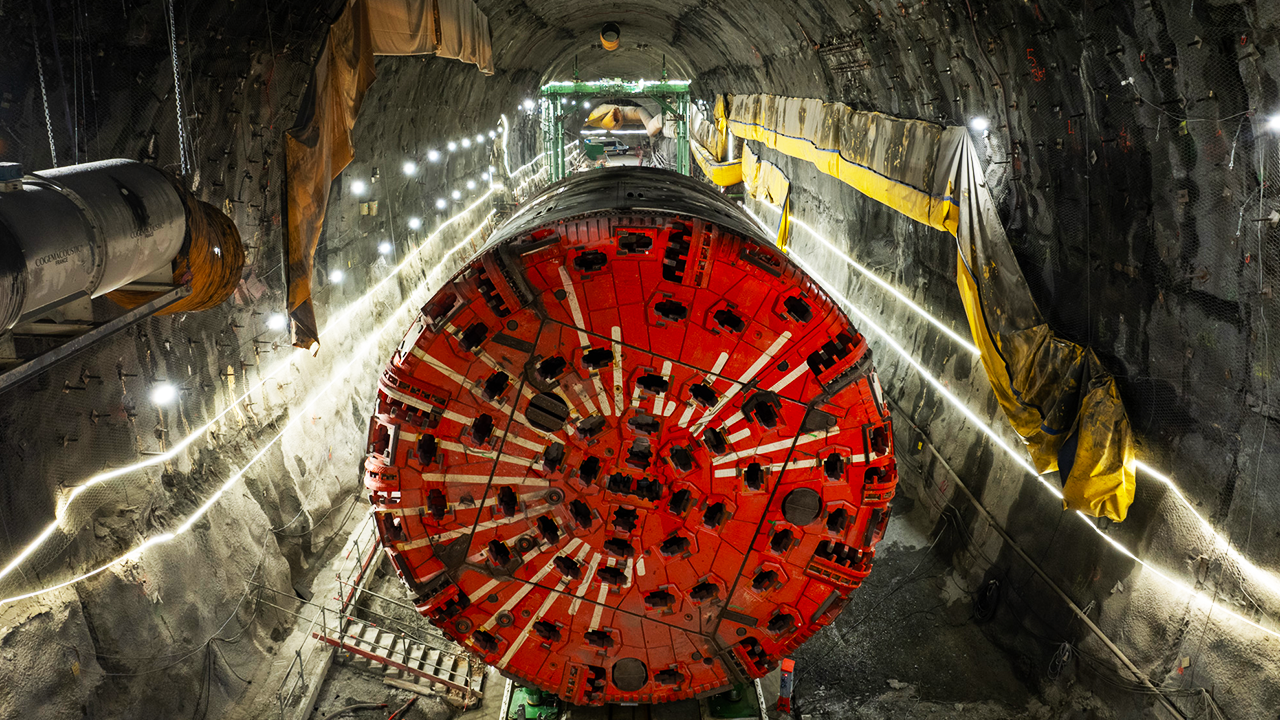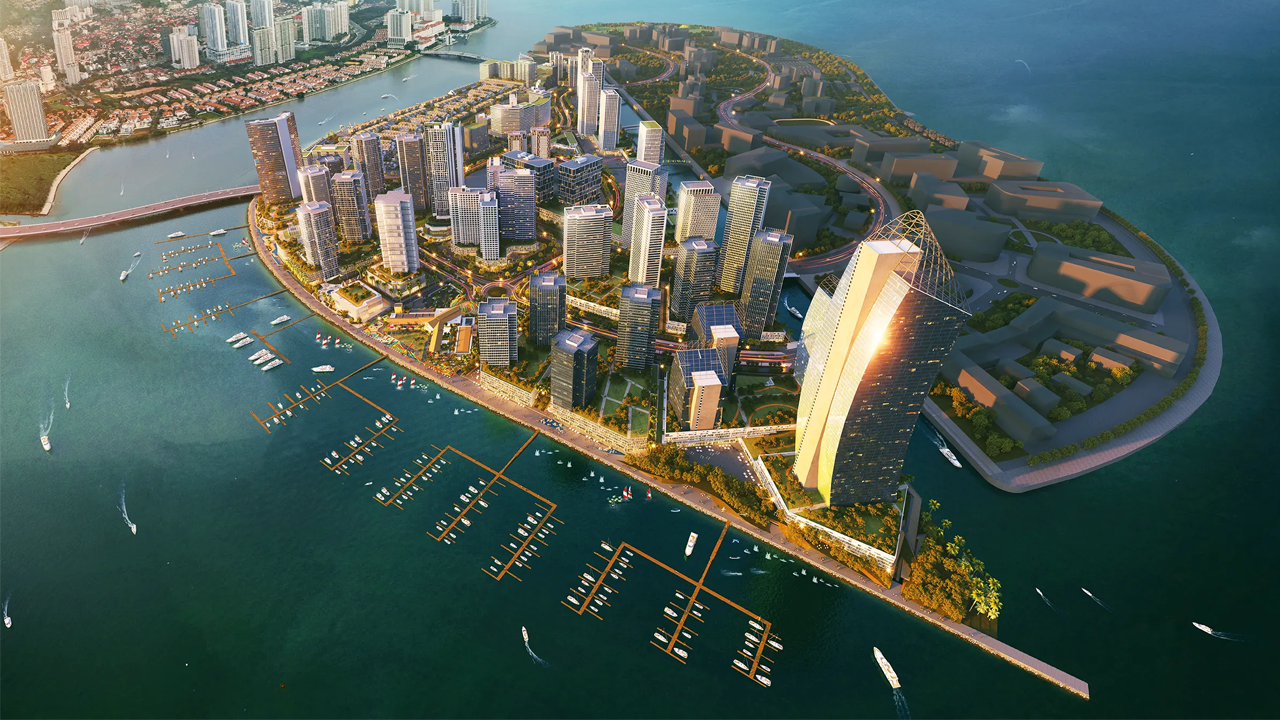White Roads Cool LA
- Youtube Views 9,204 VIDEO VIEWS
SOARING temperatures as a result of climate change, combined with the urban heat island effect are creating an unpleasant and potentially dangerous environment in Los Angeles (LA).
In the last five years, average temperatures in the city throughout July have increased by 3.5º Fahrenheit (1.9º Celsius), prompting officials to take
action.

Above: Workers applying a reflective coating to a road surface (image courtesy of LA Street Services).
In order to reduce the average temperature in the city, Los Angeles Street Services have come up with a solution: coating asphalt roads - that absorb between 80% and 95% of of Sun’s energy - in light gray, reflective material called CoolSeal.

Above: The coating, called "CoolSeal" has been developed for military use ( images courtesy of LA Street Services).

Initially developed for military purposes, the coating is expected to last for seven years.
It is relatively expensive, at USD $40,000 per mile, though the pilot projects have all come in under their budgets.
These small scale tests - comprising the city’s “Cool Pavement Pilot Project” - can reduce the surface temperature of a road or parking space by 10º F to 30º F (5.6 to 16º C).

Above: The "Cool Pavement Pilot Project" is being trialled throughout the city (image courtesy of GuardTop).
The effect on air temperature is smaller, but an Environmental Protection Agency (EPA) study suggests that covering one third of the road surfaces in the city with reflective coating could decrease the city’s average temperature by 1º F (0.5º C).
Anecdotal evidence from some of the residents also suggests that the project is working.

Above: Preliminary results suggest that the reflective coating can decrease surface temperatures by 10-30º Fahrenheit (image courtesy of LA Street Services).
Other approaches proposed in recent years include painting all the flat roofs in LA white, which could cool the city by 2º F (1.1º C), as well as installing heat-reflective solar panels or planting more trees.
More concrete sustainability measures adopted in LA include the introduction of an all-electric fleet of city buses by 2030, and a significant expansion to the city’s metro system, reducing the need for private car travel.





